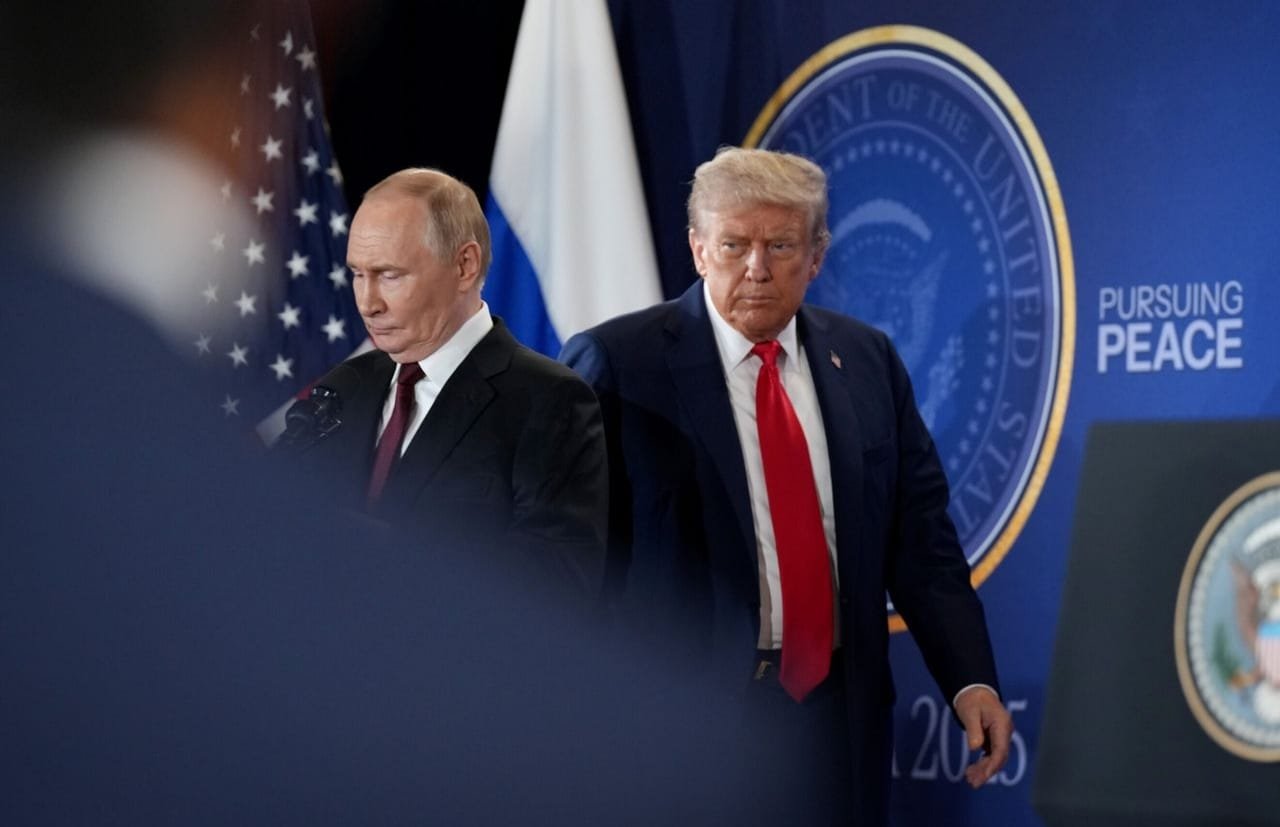Russia has said that the diplomatic momentum generated by the August 2025 summit between Presidents Vladimir Putin and Donald Trump in Anchorage, Alaska has largely been “exhausted,” with Moscow pointing to European opposition and internal resistance as key factors undermining progress. Deputy Foreign Minister Sergei Ryabkov told state media on Wednesday that the “powerful impetus” created at the meeting has been eroded by “destructive activity, primarily by Europeans,” asserting that those actions have “torpedoed” follow-through efforts towards a peace agreement. Ryabkov’s remarks mark a shift from cautious optimism that followed the summit, during which both sides spoke of opening a pathway to settle the Ukraine conflict.
He warned that U.S. proposals to supply long-range Tomahawk cruise missiles to Ukraine represent a “qualitative change” in the conflict and urged Washington to act “soberly, sensibly and responsibly.” Ryabkov also decried what he called the “cracking” of U.S.–Russia relations, arguing that American actions—especially those that he claims undermine strategic stability—are partly to blame for the collapse of diplomatic traction. He added that Moscow remains open to dialogue but sees “no movement” from Washington toward genuine breakthroughs.
Analysts caution that Russia’s framing is self-serving: while the summit had raised hopes of de-escalation, fundamental disagreements over territorial swaps, security guarantees, and Ukraine’s sovereignty were never bridged. In practice, European states backing Ukraine have rejected proposals that would require Kyiv to cede territory, and Moscow’s own military operations on the ground have continued uninterrupted—making the illusion of diplomatic momentum fragile from the outset.





